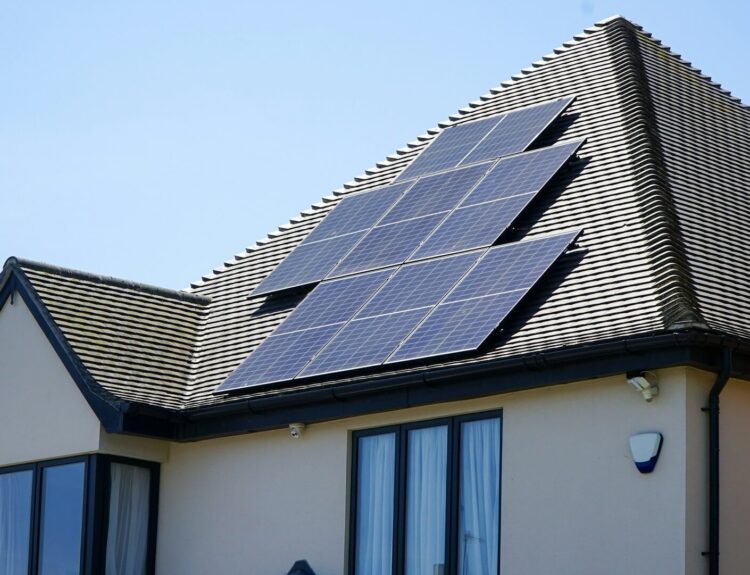As the seasons shift from the sweltering heat of summer to the crisp coolness of fall, it’s time to think about the unsung hero of home comfort your HVAC system. For homeowners, DIY enthusiasts, and eco-conscious consumers alike, understanding the importance of seasonal HVAC maintenance is key to ensuring a comfortable home environment, optimizing energy efficiency, and prolonging the life of your heating, ventilation, and air conditioning (HVAC) systems.
Why Seasonal HVAC Maintenance Matters
Seasonal changes bring about a host of challenges for your HVAC system, making maintenance an essential task. Here are a few reasons why:
- Efficiency: Regular maintenance ensures your system operates at peak efficiency, which can lead to lower energy bills and a reduced carbon footprint.
- Comfort: A well-maintained HVAC system provides consistent temperature control, keeping you comfortable no matter what the weather outside is like.
- Longevity: Like any major home appliance, your HVAC system lasts longer with proper care, saving you money and hassle in the long run.
- Air Quality: Regular filter changes and system checks can significantly improve indoor air quality, reducing allergens and pollutants in your home.
Preparing for the Chill: Fall & Winter Maintenance Tips
Inspect and Replace Your Air Filters
One of the simplest yet most effective maintenance tasks is checking and replacing your HVAC air filters. Dirty filters restrict airflow, forcing your system to work harder and use more energy. Aim to check your filters monthly and replace them every 90 days, or more frequently if you have pets or suffer from allergies.
Schedule Professional Maintenance
Fall is the perfect time to schedule a professional HVAC system checkup. A qualified technician can inspect your system for any issues that may have developed over the summer and perform necessary adjustments or repairs. This proactive approach can help prevent unexpected breakdowns during the colder months.
Seal Drafts and Insulate
Keeping the warm air in and the cold air out is crucial for maintaining comfort and efficiency during the fall and winter. Check your home for drafts around doors, windows, and attic entrances. Use weather stripping, caulking, and insulation to seal leaks and keep your heating system from overworking.
Test Your Thermostat
Ensure your thermostat is functioning correctly by setting it to heat mode and observing if the system starts and warms the house efficiently. Consider upgrading to a smart thermostat for greater control over your home’s temperature and energy usage.
Clear Vents and Registers
Blocked or covered vents and registers can hinder the efficiency of your heating system. Make sure all vents and registers are clear of furniture, curtains, and other obstructions to allow for proper airflow throughout your home.
Welcoming the Warmth: Spring & Summer Upkeep
Clean Around Outdoor Units
Your outdoor AC unit requires adequate airflow to function correctly. Remove any debris, leaves, or overgrowth that could obstruct airflow, and consider trimming back foliage to maintain a clear space around the unit.
Check Coolant Lines
The refrigerant lines that run from your outdoor unit to the inside of your house should be insulated to maintain efficiency. Check these lines for wear and tear and replace any missing or damaged insulation.
Adjust Your Thermostat Settings
As the weather warms up, adjust your thermostat to a comfortable but energy-efficient setting. The Department of Energy recommends setting your thermostat to 78°F (26°C) when you’re at home and need cooling.
Consider System Upgrades
If your HVAC system is older or has been requiring frequent repairs, spring is a great time to consider upgrading to a more energy-efficient model. Look for systems with the ENERGY STAR label to ensure you’re getting a high-efficiency unit.
Year-Round Tips for HVAC Care
Beyond seasonal maintenance, here are a few tips to keep your HVAC system running smoothly all year:
- Listen for Unusual Noises: Strange sounds can be an early warning sign of potential problems.
- Monitor Your Energy Bills: Unexpected increases in your energy bills can indicate that your system is losing efficiency.
- Keep the Area Around Your HVAC System Clear: Whether it’s the outdoor unit or your indoor furnace, keeping the area clear prevents airflow restrictions.
When it comes to seasonal maintenance for your HVAC system, a little effort can go a long way in ensuring that your home remains comfortable and efficient throughout the year. By following these tips, you can avoid costly breakdowns and save money on repairs in the long run. Whether cleaning your filters or checking your thermostat settings, these simple steps can make a big difference. And if you want to learn more about keeping your HVAC system in top condition, don’t hesitate to research or ask for advice from a professional. With a little knowledge and effort, you can enjoy reliable, comfortable climate control in your home all year round.






